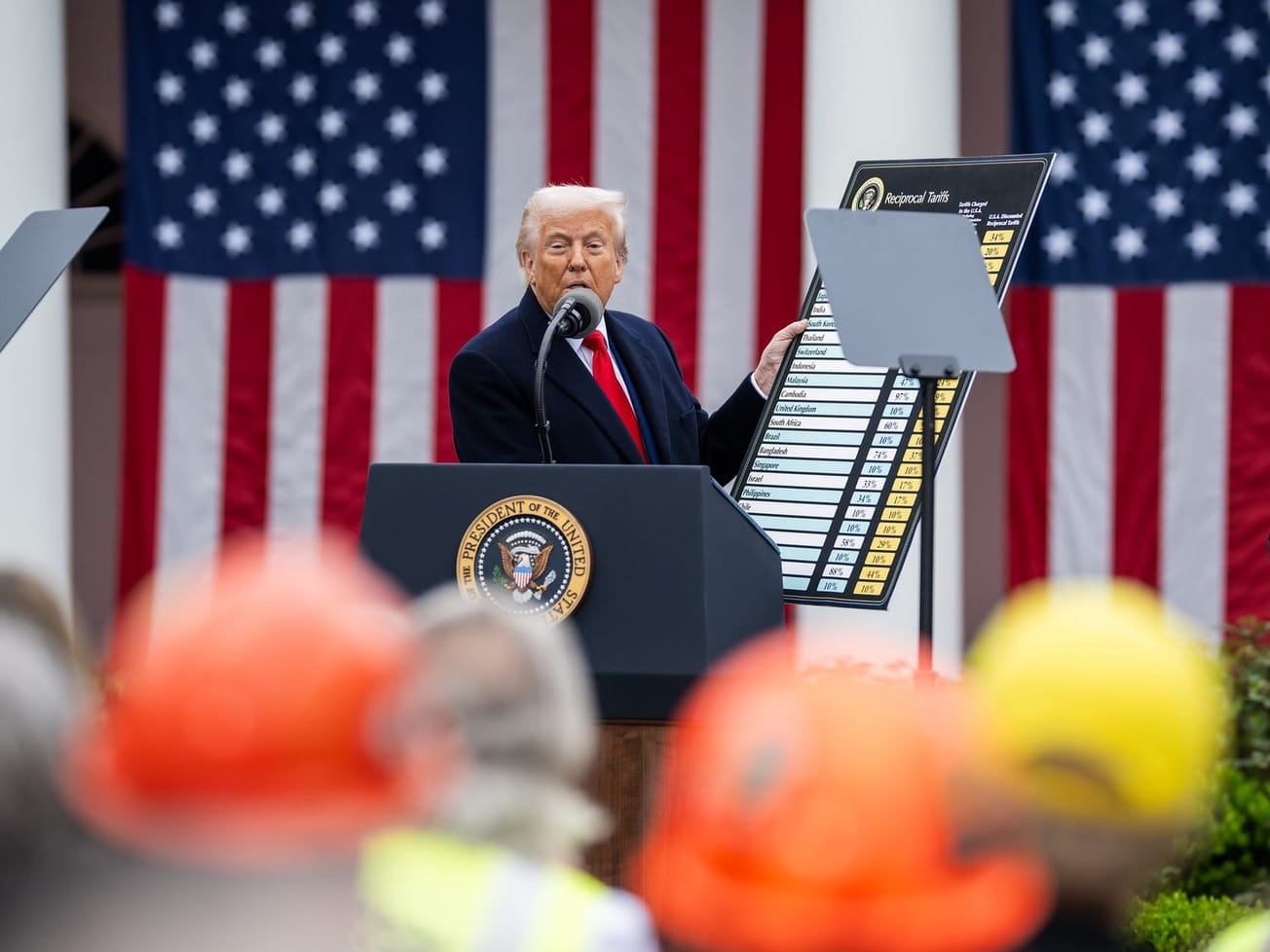The Group of 20 major economies agreed to a framework for more debt relief among poor nations on Friday, responding to appeals from humanitarian and economic leaders to alleviate massive suffering from economic fallout due to the coronavirus pandemic.
A statement by G-20 finance ministers and central bank governors after their virtual gathering said their "common framework" for debt restructuring could allow low-income countries to get an extension on debt payments through mid-2021 and, possibly, forgiveness of all debt.









